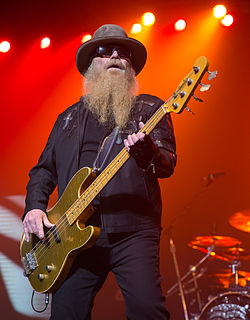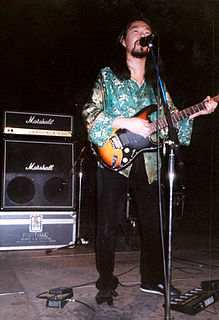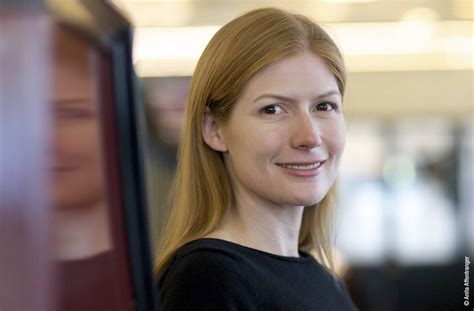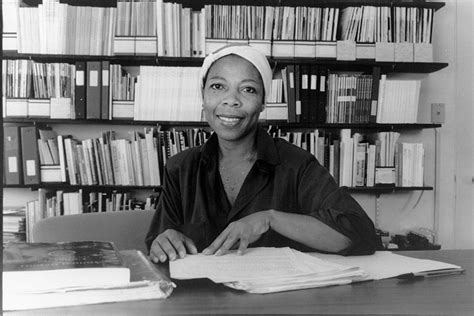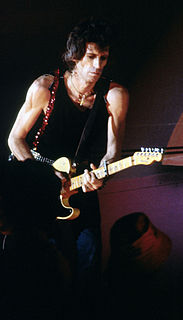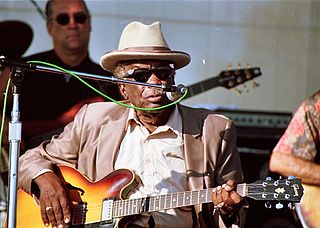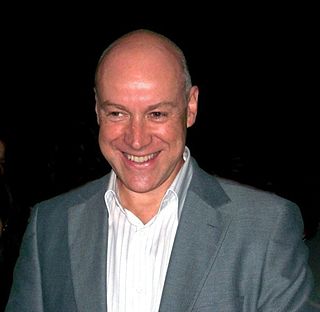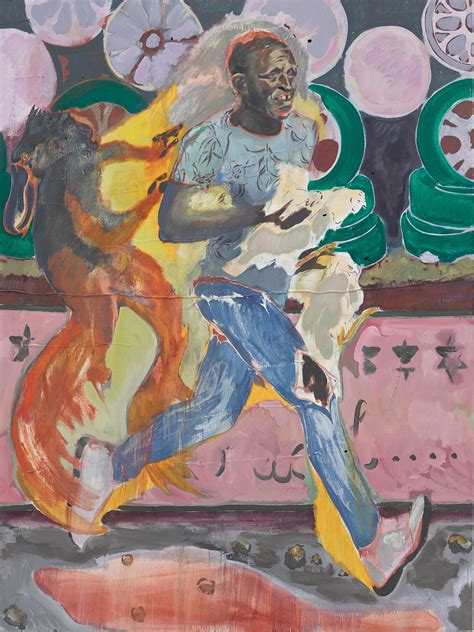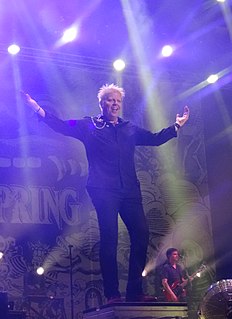A Quote by Dusty Hill
Listen to really old blues guys and how they weren't allowed to sing about what they meant; they alluded to things. I find that style amusing, and I think it's a little harder to write.
Related Quotes
I want to sing using a throatsinging style, like for example kargyraa, but at the same time sing it like a normal way. Maybe I will try some opera. To sing a melody, and to sing not only Tuvan traditional melodies, but I would like to try Western classics, blues. I think Tuvan music and American blues are very close to each other.
Some guys are afraid of "fashion" even those this isn't really fashion. It's more "style". A lot of guys don't want to look like they care too much. The idea of standing in a fiting room and trying things on and saying, "How does this look?" I think maybe that experience is a little bit intimidating.
I read the story and reread the story, but I still could not find the universality that the little Irishman had spoken of. All I saw in the story was some Irishmen meeting in a room and talking politics. What had that to do with America, especially with my people? It was not until years later that I saw what he meant ... I began to listen, to listen closely to how they talked about their heroes, to how they talked about the dead and how great the dead had once been. I heard it everywhere.
So I wanted to write a play that put some thoughts and feelings in the air about the miracle and the mystery and that alluded to deep and unknown forces. But then really just have people going to the store and fixing the sink and going through the normal things of looking for love and getting up in the morning. Because that's how we live.
I don't think there's a right or wrong things in your style. It's about how you clearly reflect who you are; how you more clearly tell the story. Who are you? How do you want to transmit that to the world, and how do you more clearly say that? Then I have a philosophy, FFPS: fit, fabric, proportion, and silhouette. Proportion's everything, really, knowing your body and understanding that. Those things have been really crucial for me. It's about being clear about the story you want to tell to the world about who you are - and maybe a little bit of FFPS.
These days, I find it harder to listen to really trebly lo-fi recordings. At the same time, without the old limitations, these new technologies require self control. So much of the software seems to be about correcting imperfections - quantizing, Auto-tune - and, to me, those corrections can really drain the life out of a performance.
